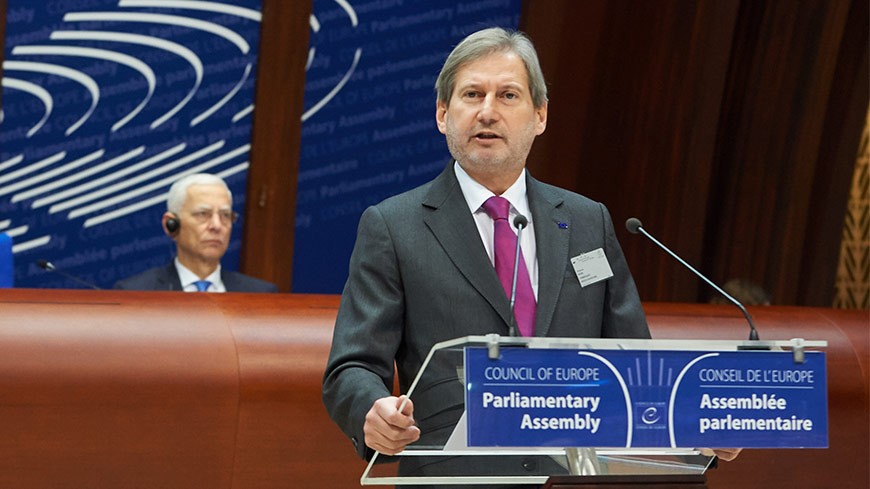The Council of Europe and the European Union: different roles, shared values
The Council of Europe and the European Union share the same fundamental values – human rights, democracy and the rule of law – but are separate entities which perform different, yet complementary, roles.
Focusing on those core values, the Council of Europe brings together governments from across Europe – and beyond – to agree minimum legal standards in a wide range of areas. It then monitors how well countries apply the standards that they have chosen to sign up to. It also provides technical assistance, often working together with the European Union, to help them do so.
The European Union refers to those same European values as a key element of its deeper political and economic integration processes. It often builds upon Council of Europe standards when drawing up legal instruments and agreements which apply to its 27 member states. Furthermore, the European Union regularly refers to Council of Europe standards and monitoring work in its dealings with neighbouring countries, many of which are Council of Europe member states.
The Lisbon Treaty increased the scope for European Union action in many areas where the Council of Europe already has significant experience and expertise. This has led to increased cooperation on issues such as fighting human trafficking, the sexual exploitation of children and violence against women. It has also opened the way for the European Union itself to sign up to the European Convention on Human Rights, and to other Council of Europe agreements.
Relations between the Council of Europe and the European Union are set out in the:



